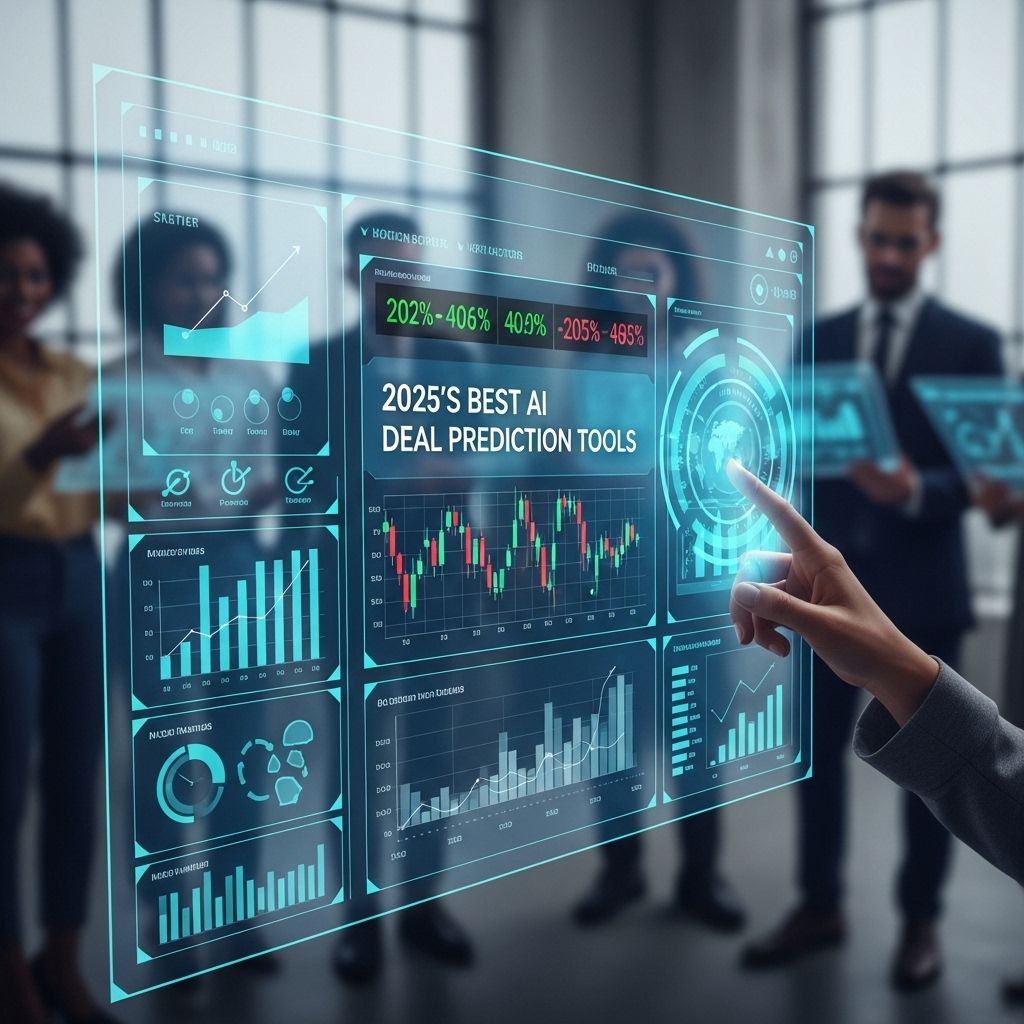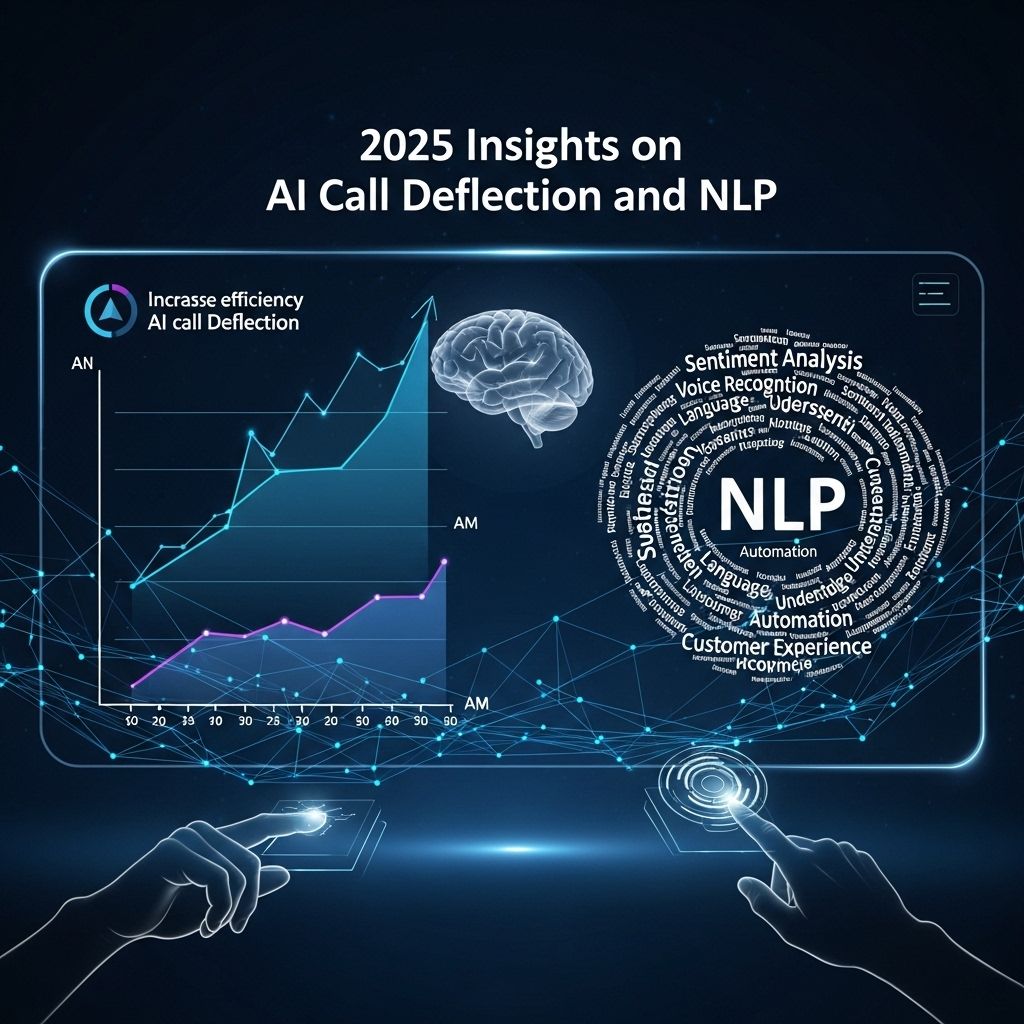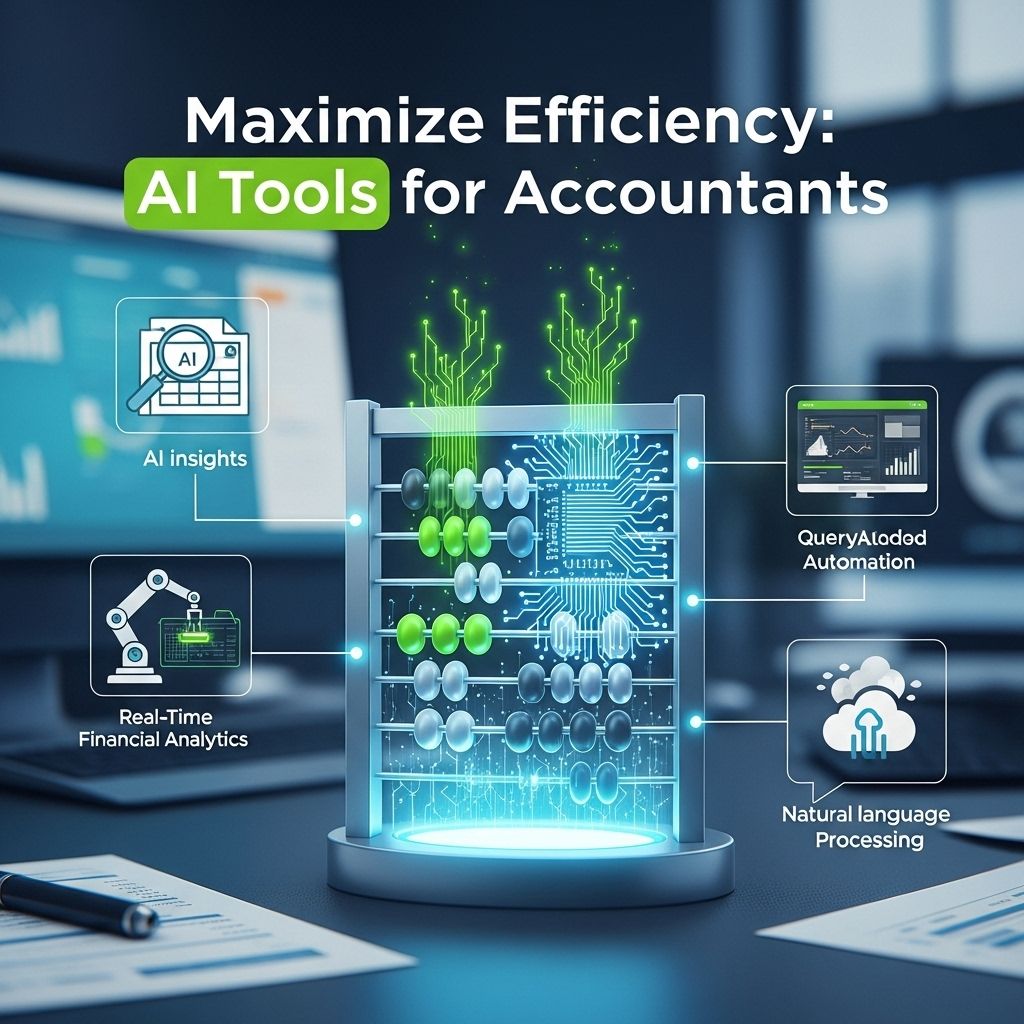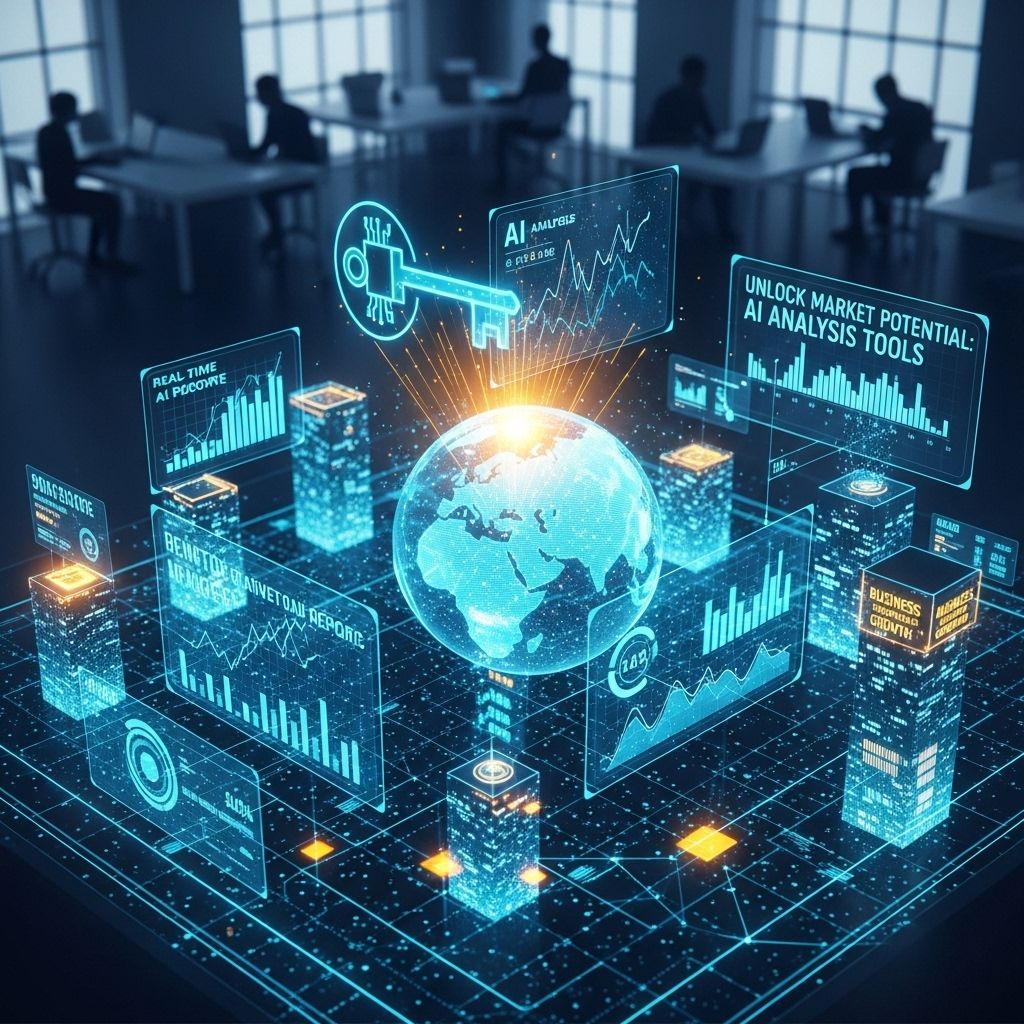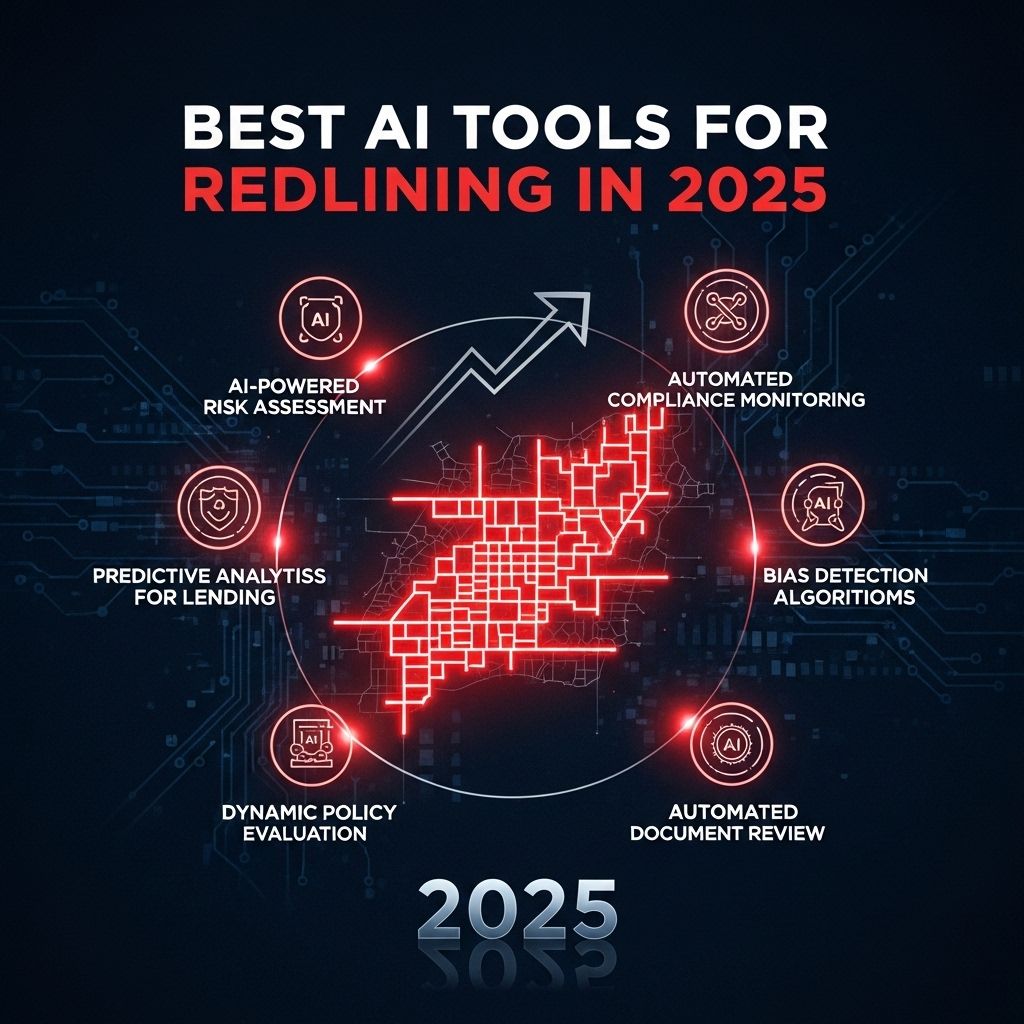Transforming Workplaces with AI Recognition Engines
Discover how AI recognition engines are revolutionizing workplace efficiency and employee engagement in modern businesses.
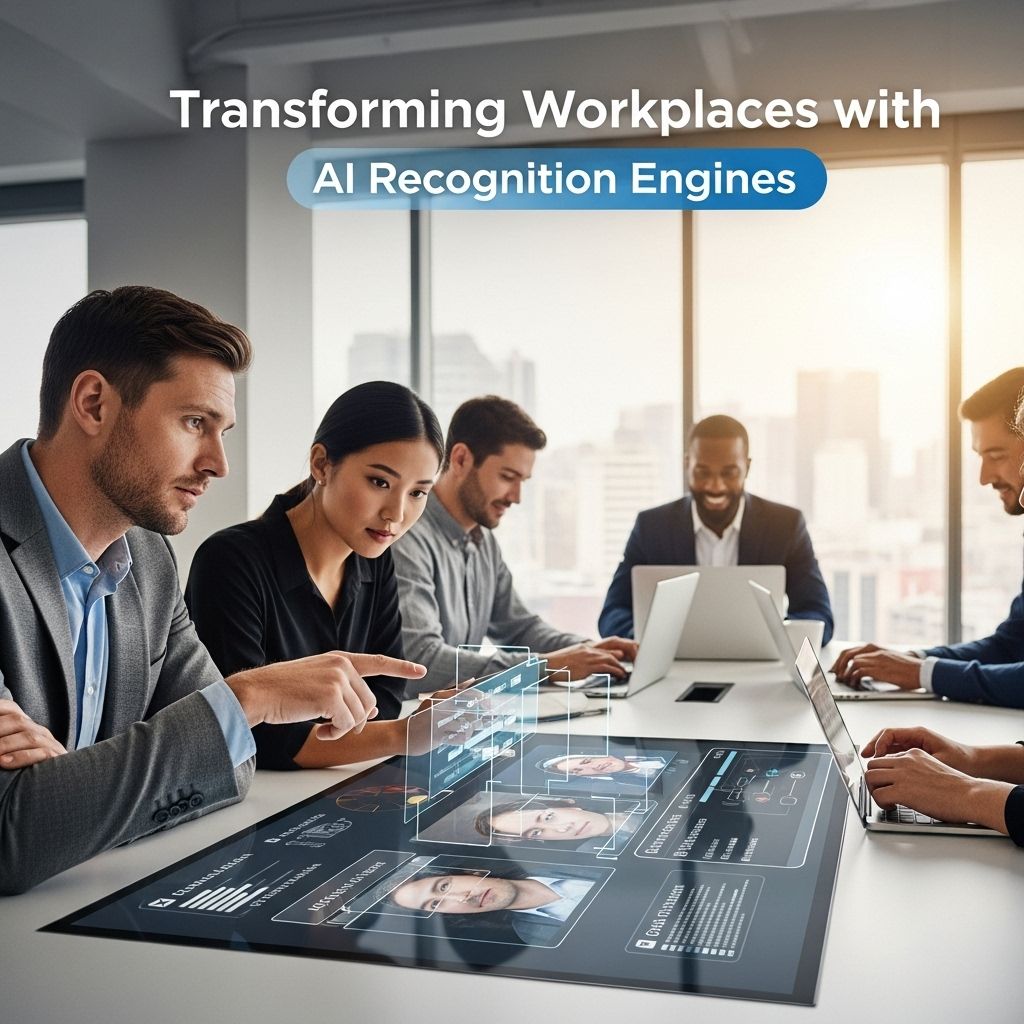
Artificial Intelligence (AI) has emerged as a transformative force in various industries, fundamentally altering the way we work and interact with technology. One of the most impactful applications of AI is the development of recognition engines. These engines are designed to process, analyze, and interpret vast amounts of data, allowing for smarter decision-making and enhanced productivity. This article delves into how AI recognition engines are reshaping workplaces, their benefits, challenges, and the future landscape of work.
Table of Contents
Understanding AI Recognition Engines
AI recognition engines are systems that utilize machine learning and deep learning algorithms to identify patterns and make predictions based on data input. These engines are employed in a variety of applications, including:
- Facial recognition
- Voice recognition
- Image classification
- Text recognition
- Gesture recognition
Each of these applications offers unique advantages that can enhance operational efficiency across different sectors.
Key Benefits of AI Recognition Engines in the Workplace
Integrating AI recognition engines into the workplace can yield several significant benefits:
1. Increased Efficiency
AI recognition engines can automate routine tasks, allowing employees to focus on more complex and creative aspects of their jobs. For example:
- Automated data entry through text recognition can reduce the time spent on manual tasks.
- Facial recognition can streamline security protocols, allowing quicker access to secured areas.
2. Enhanced Decision Making
By analyzing data patterns in real-time, AI recognition engines provide valuable insights that aid in decision-making. This includes:
- Predictive analytics that forecast trends based on historical data.
- Sentiment analysis that gauges customer feedback and employee satisfaction.
3. Improved Customer Experience
AI recognition engines enhance customer interactions through personalized services. Benefits include:
- Voice recognition systems in customer service can respond accurately to inquiries.
- Image recognition in retail enhances the shopping experience by offering personalized recommendations.
Challenges in Implementation
While the benefits are clear, integrating AI recognition engines into the workplace is not without its challenges:
1. Privacy Concerns
With the power of data comes the responsibility to protect it. Employees and customers alike are increasingly concerned about how their data is collected and used. Addressing these concerns requires:
- Transparency in data handling practices.
- Robust data protection protocols.
2. High Initial Costs
Implementing AI systems can involve significant upfront investment in technology and training. Companies must consider:
- The cost of software and hardware.
- Ongoing maintenance and updates.
3. Resistance to Change
Introducing AI technologies can face pushback from employees who fear job displacement or dislike adapting to new systems. Strategies to mitigate this include:
- Providing education and training on AI tools.
- Involving employees in the transition process to ensure buy-in.
The Role of AI Recognition Engines in Different Industries
The versatility of AI recognition engines allows their application across various sectors. Here’s how some industries are leveraging this technology:
1. Healthcare
In the healthcare sector, AI recognition engines are utilized for:
- Medical imaging analysis, enhancing diagnostics speed and accuracy.
- Voice recognition for transcribing patient notes, improving documentation efficiency.
2. Retail
Retailers use AI recognition technology for:
- Customer behavior analytics through image recognition, refining stock management and marketing strategies.
- Facial recognition at checkout for faster service.
3. Finance
In finance, AI recognition engines are applied in:
- Fraud detection through analyzing transaction patterns.
- Document verification using text recognition to streamline loan applications.
Future Trends in AI Recognition Technology
The future of AI recognition engines promises exciting advancements:
1. Enhanced Accuracy
As algorithms improve, the accuracy of recognition engines will increase, leading to fewer errors and more reliable outputs.
2. Integration with Other Technologies
AI recognition engines will likely integrate with other emerging technologies such as:
- Internet of Things (IoT) devices for smarter analytics.
- Blockchain for enhanced data security and transparency.
3. Ethical AI Practices
There will be a stronger emphasis on developing AI technologies ethically, ensuring that they are inclusive and free from biases. This includes:
- Implementing diverse datasets for training models.
- Regular audits of AI systems to identify and mitigate biases.
Conclusion
AI recognition engines are revolutionizing the workplace by enhancing efficiency, improving decision-making, and elevating customer experiences. While challenges such as privacy concerns and resistance to change exist, the future looks promising as organizations continue to adopt and adapt AI technologies responsibly. Understanding the unique advantages and considerations of AI recognition engines will empower companies to thrive in an increasingly digital world.
FAQ
What are AI recognition engines and how do they transform workplaces?
AI recognition engines use advanced algorithms to identify patterns and insights from various types of data, significantly improving workplace efficiency, decision-making, and employee engagement.
How can AI recognition engines enhance employee productivity?
By automating repetitive tasks and providing real-time insights, AI recognition engines allow employees to focus on more strategic work, thereby enhancing overall productivity.
What industries can benefit from AI recognition engines?
Industries such as healthcare, finance, retail, and manufacturing can greatly benefit from AI recognition engines by improving operational efficiency and customer experience.
Are there any privacy concerns associated with AI recognition engines in the workplace?
Yes, privacy concerns can arise, especially regarding data collection and usage. It is crucial for organizations to implement transparent policies and ensure compliance with data protection regulations.
How do AI recognition engines contribute to employee recognition programs?
AI recognition engines can analyze employee performance data and feedback to help identify accomplishments, enabling more effective and personalized employee recognition programs.
What is the future of AI recognition engines in workplace transformation?
The future looks promising, with AI recognition engines expected to become more integrated into workplace tools, driving innovation, collaboration, and improved employee satisfaction.


